We don’t want to see another war

We are extremely concerned by the eruption of fighting between India and Pakistan in a sharp escalation of hostilities between the two nuclear-armed neighbours following the April 22 Pahalgam terrorist attack, in which 26 people were killed. Reportedly, in the early hours of Wednesday, India launched "precision strikes" on what it claimed were nine sites of "terrorist infrastructure" inside Pakistan. Declaring the attack to be an "act of war" and vowing retaliation, Pakistan also claimed to have downed five Indian Air Force jets during the attack. At least 38 people were reported killed in these incidents—Islamabad said 26 civilians were killed by India's missile strikes and firing, while New Delhi said at least 12 died from Pakistani shelling.
We must say this turn of events—while not exactly shocking given the recent escalations marked by harsh rhetoric and retaliatory measures from both sides—is as tragic as it is dangerous. If India continues its campaign and Pakistan acts on its pledge of "corresponding actions," there is no telling where this will end and at what cost. It could lead to a wider conflict and inflict untold suffering across the region. The two countries have fought three wars in the past, and the current fighting already promises to be the deadliest confrontation in decades. Even though India claims its actions under the so-called Operation Sindoor have been "non-escalatory in nature," and that "no Pakistani military facilities have been targeted," nationalist sentiments festering within the countries could make it difficult to adopt a reconciliatory gesture or turn away from aggression.
The momentum for the latest flare-up has been building for some time. In the two weeks since the Pahalgam attack—for which India blamed Pakistan, which the latter denied—both sides took various tit-for-tat measures against each other, including expelling diplomats, suspending visas, closing border crossings, etc. Many expected these developments to escalate to some sort of cross-border strike—as seen after the Pulwama attacks which had left 40 Indian paramilitary personnel dead in 2019. While world leaders have urged restraint and de-escalation after Wednesday's attacks, both countries have yet to show any willingness to take the first step toward compromise or even negotiation.
We don't need to remind them of the dangers of continuing along this path. The longer they delay meaningful dialogue, the closer they risk edging toward a catastrophic conflict. Moreover, this is not just their problem anymore—it affects all of us in the surrounding regions. Already there are fears, and early signs, of disruptions in many shared sectors and services. It is, therefore, imperative that both governments urgently pull back from the brink, heed international calls for restraint, and engage in direct talks to defuse tensions. The international community, headed by the UNSC, also have a responsibility to mediate and convince them to focus on identifying/pursuing the real culprits, instead of fighting among themselves.

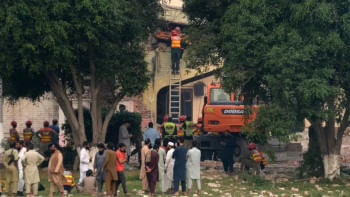
 For all latest news, follow The Daily Star's Google News channel.
For all latest news, follow The Daily Star's Google News channel. 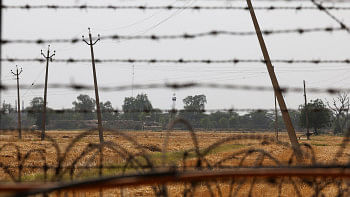
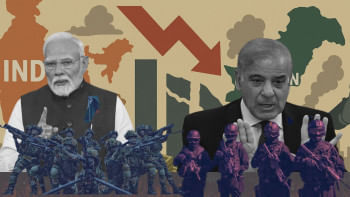



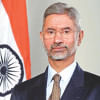


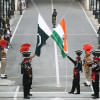


Comments